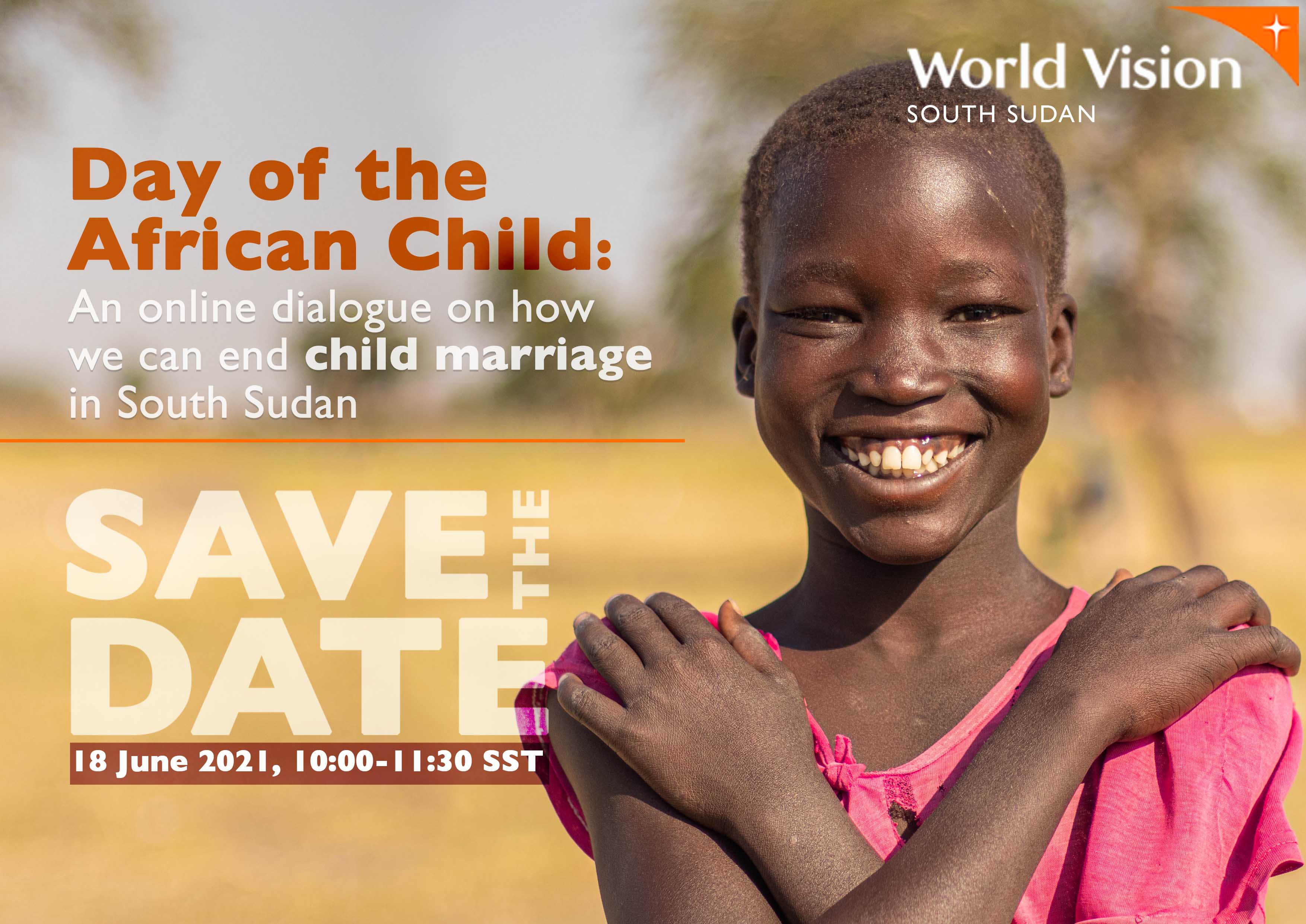“How can we value cows more than the future of our children in South Sudan?”
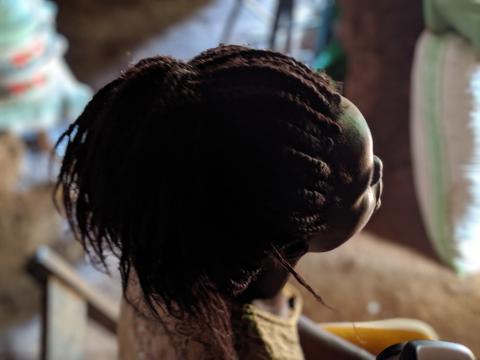
- Each year, 12 million girls are married before the age of 18. That’s 22 girls every minute whose childhood, dreams, and education are cut short.
- The 10 countries with the highest child marriage prevalence rates are either fragile or extremely fragile.
- The prevalence of child marriage increases during crises, with a 20% rise reported in Yemen and South Sudan as a result of conflicts.
World Vision’s Country Director Dr. Mesfin Loha, in his opening message, encouraged everyone to be united in these “unprecedented times and difficult moments”. He says, “What can we do collectively is to celebrate children, the foundation of every nation. They are among the most vulnerable although no fault of their own, often caused by the negligence of older people and lack of access to services.
“We have no voice. We have no choice. We have no rights as children. We are taken advantage of and we lose our dignity and respect”, says 15-year old Mboriegie Hellen as she shared the plight of girls being abducted as child soldiers in Western Equatoria State.
Related Report: COVID-19 Aftershocks: A perfect storm

She lamented on the fact that some parents’ option is to marry them young to avoid being abducted by armed groups so they will be protected by their husbands. “If I can go to school instead of being in the bush, I can be somebody someday. If I get married early, I drop out of school”, she further shares.
Hellen, a passionate advocate of child rights and one of the 300 girls provided bicycles by World Vision in Western Equatoria State so they can help raise awareness on issues affecting child protection, early child marriage, and the rights of girls to go to school.
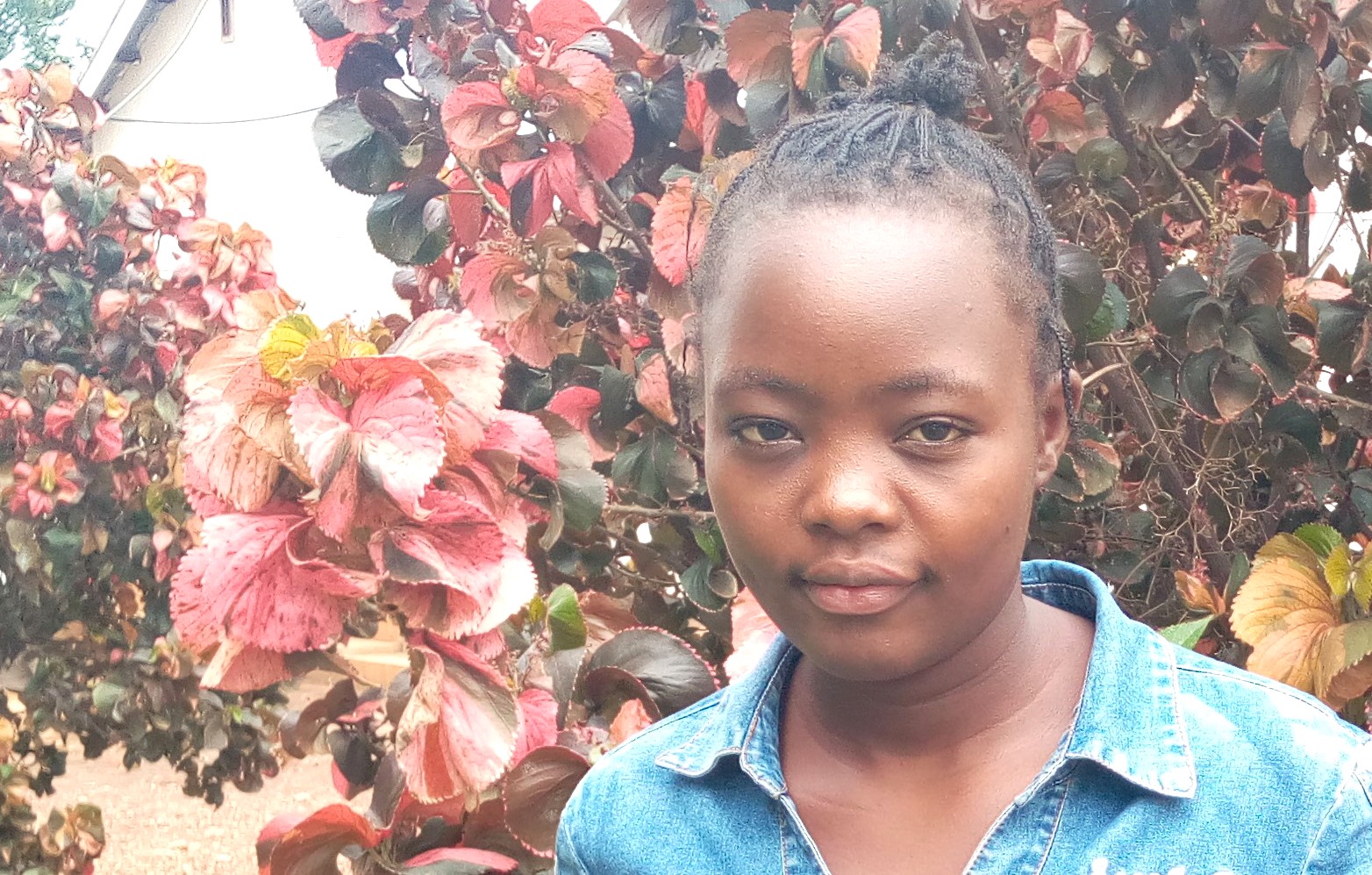
“Child marriage destroys a girl’s education and causes the poverty in the community. We have to educate and empower girls so we can stand on our own. Girls should not be their parents’ income opportunities. Please encourage girls, prayer can also help not just when in danger”, says Nuella, 11, a child advocate from Juba.
Jonah, a 15-year old advocate from Juba says, “Child marriage also impacts boys. The parents must advise both girls and boys to go to school, teach them the value of going to church, and instill discipline to do the right thing. A man marrying five wives cannot take care of them well. We challenge the government and agencies to send children to school to avoid marrying early.”
Watch video: Life of a girl in South Sudan in the midst of the hunger crisis
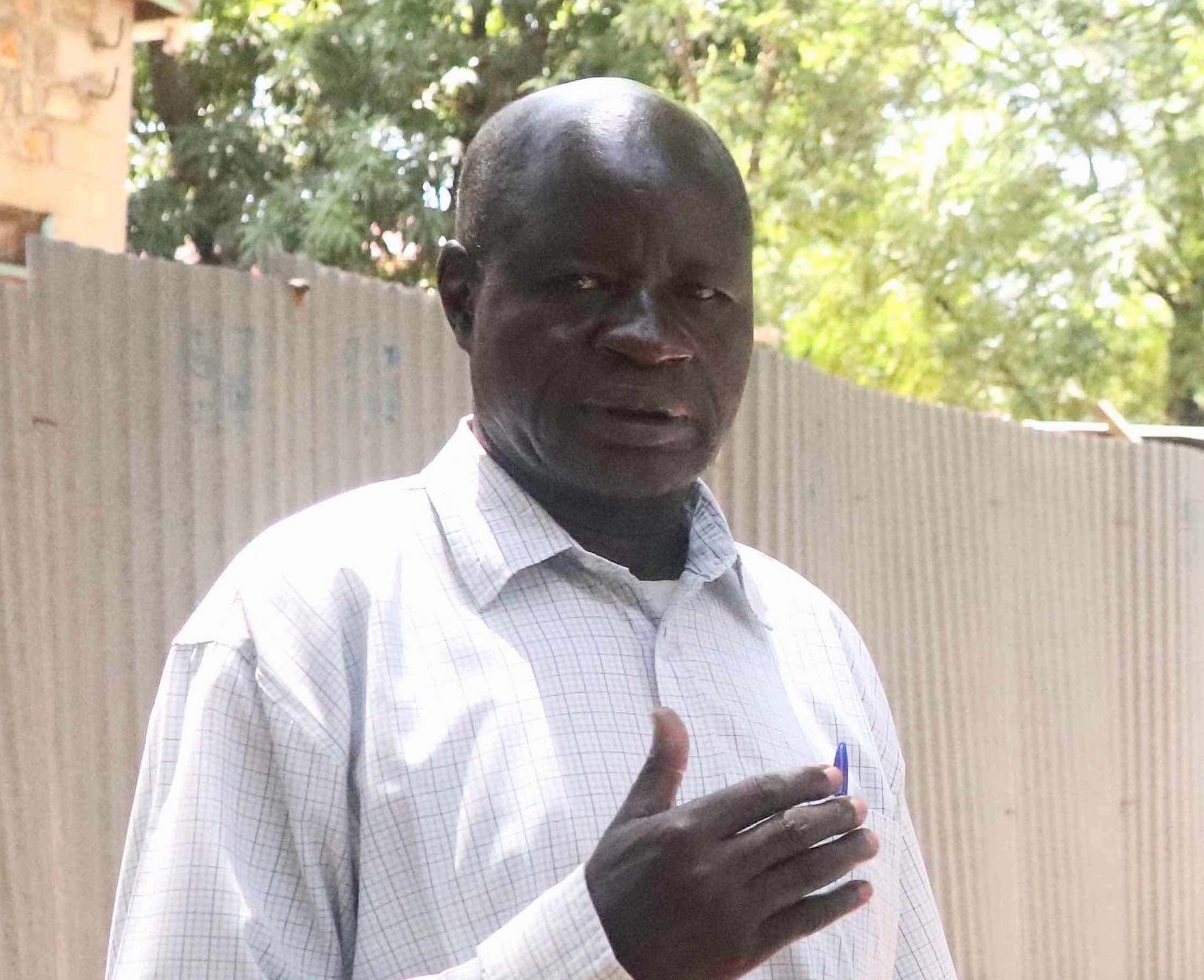
Director of Religious Affairs Hon. Moses Telar Cindut of the Ministry of Presidential Affairs asks the guests and participants, “How can we value cows more than the future of our children?” He added that addressing the issue needs family, education, and faith. “Families who are aware can stand up and protect their child from abuse’, he emphasizes.
We have to value human beings, but in child marriage, we value cows more. Religious people must be given this challenge to support educating boys and girls, and parents to be aware of the dangers of early marriage to a child.
Director Cindut adds, “We have to value human beings, but in this issue of child marriage, we value cows more. Religious people must be given this challenge to support educating boys and girls, and parents to be aware of the dangers of early marriage to a child. Instead, parents must plan for their children’s education.”
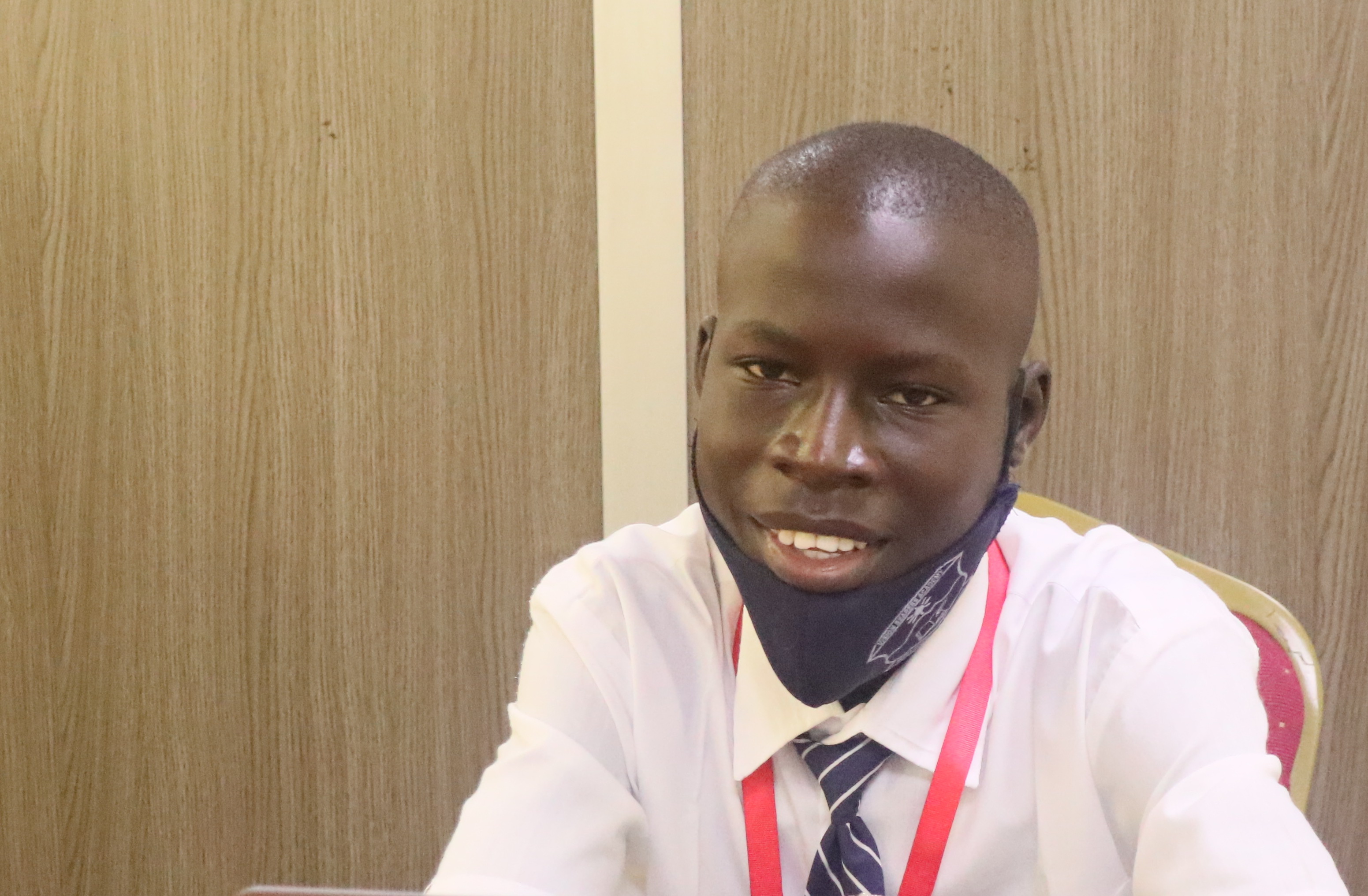
The First Lady’s Organization Concern South Sudan’s Director of Gender and Protection Jane Suku Simon shares, “Your children are very important for us. Child marriage a big issue not just in South Sudan but the world at large. An estimated 78 percent of girls in the country have no access to education, they end up getting married. Many parents also lack the knowledge so they marry the girls in exchange for dowry or money.”
Simon adds, “If a girl is young, she cannot even take care of her baby. Girls here are defined as housekeepers. The lack of proper parental care, no scholastic and menstrual materials make the children drop out of school. If they migrate due to conflict, they stay home and most of the time is idle, many get pregnant. It takes the hand of God to solve this issue. We need more support for girls, for them to access schools and vocational training to learn life skills.”
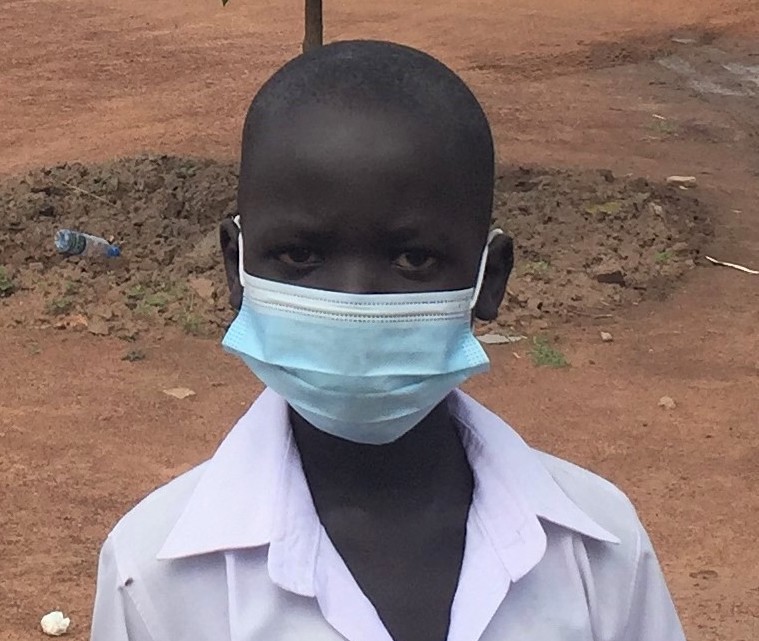
State Ministry of Gender, Child and Social Welfare’s Director of Child Protection Fidensia Poni enjoined everyone to work hard for a South Sudan fit for children. She says, “Child marriage is a violation of child rights. Together with state governments, we are working hard to ensure we end child marriage in the country by 2030. We aim to see a South Sudan where girls are fully enjoying their rights of childhood, free of marriage and early childbearing.”
Poni adds, “Children must enjoy prosperity and become part of the transformation of South Sudan. We must continue to advocate for the rights of children, end sexual violence that also affects girls. The government promotes for girls to go to school even when they are married, it is am an important part of our policy and needs to be implemented.”
Related story: Hunger in South Sudan's Western Equatoria State drives girls into early marriage
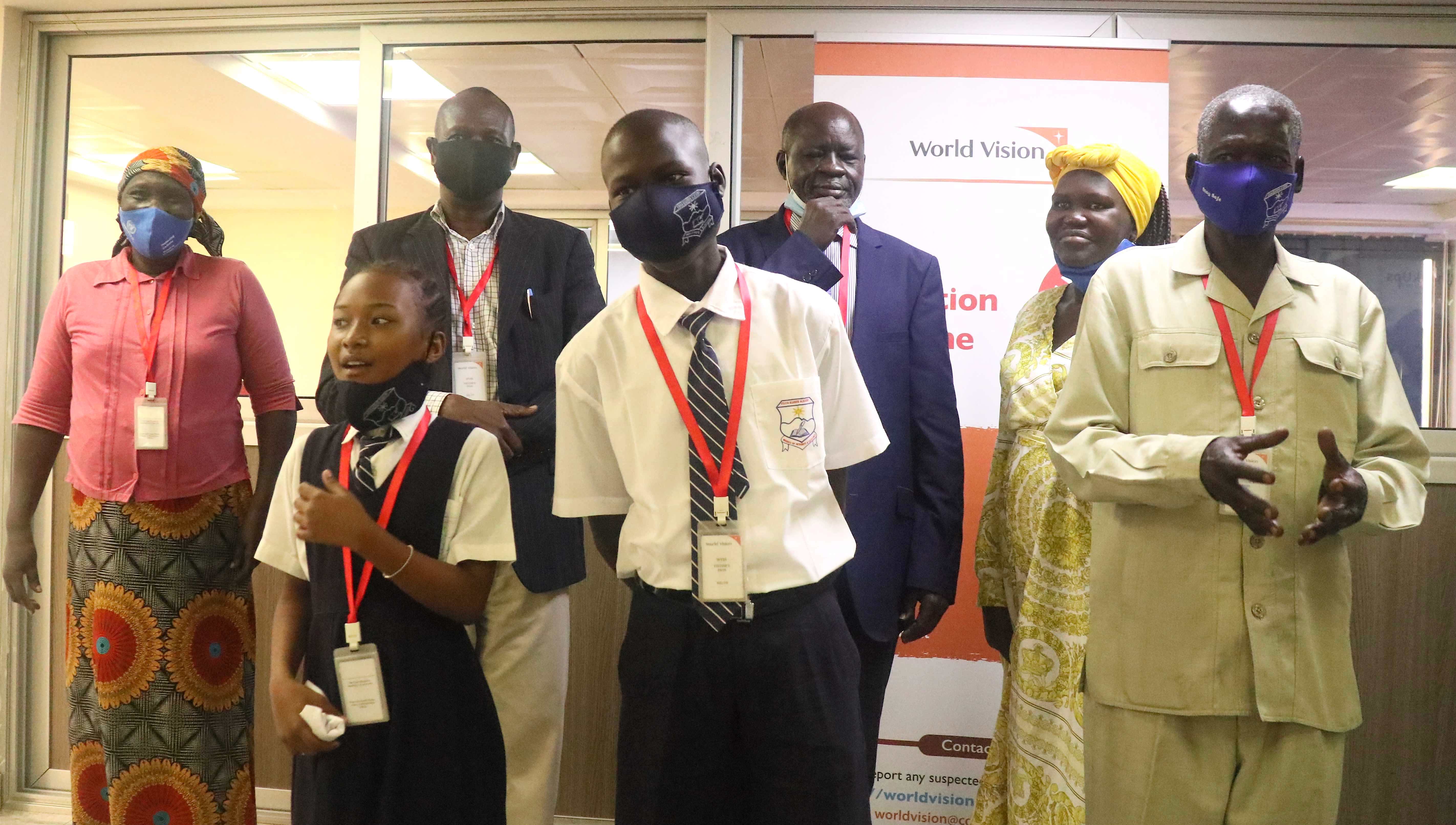
“Together we have to work hard with partners for children’s rights, promotion of their welfare, education for all. As they say, you educate a woman, you educate the whole nation”, Poni concludes. In support, Dr. Maxwell from Concern South Sudan reiterated the need for concerted efforts to address the issue effectively and for the long term.
“There are an estimated two million out of school in the country. Education cannot wait but many are losing the chance. We have to build back better for children’s future. Child rights should be at the center of national policy but needs action and commitment. Gender-based violence and child marriage are a scourge in society”, Dr. Loha adds.
Related story: Pregnant young mother agonizes how child will survive hunger and pandemic
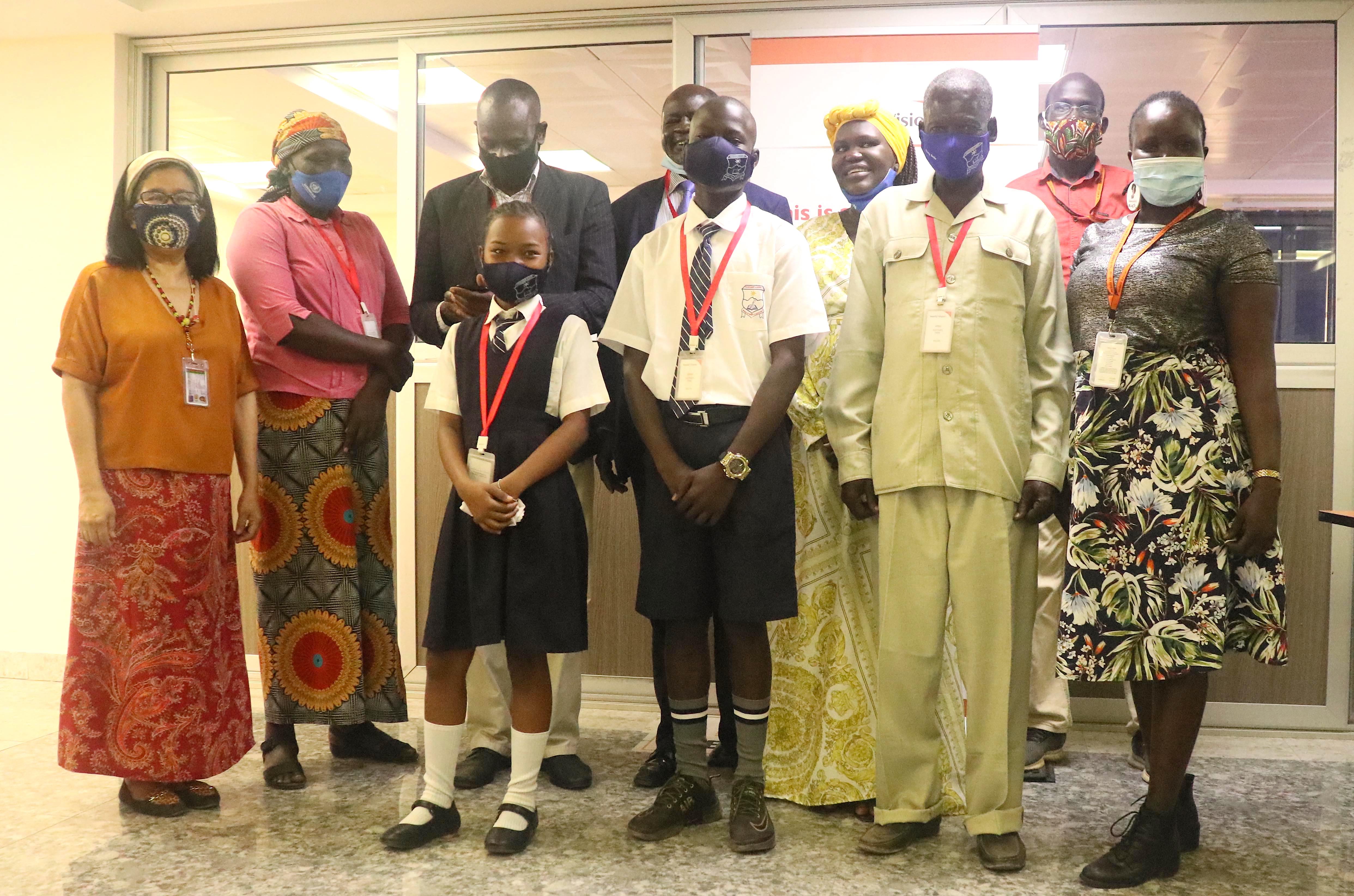
He concludes, “World Vision is mobilizing work with partners, strengthen basic services for children, as well as intensifying it is global It Takes A World campaign. It will take all of us, including the children themselves to renew our efforts and forge resources so we address the issues and make South Sudan a country fit for children.”
Cover photo: A girl who became a young mother in Western Equatoria State
Watch: Margret, a former child soldier
Story by Cecil Laguardia, Senior Manager, Advocacy and Communications
